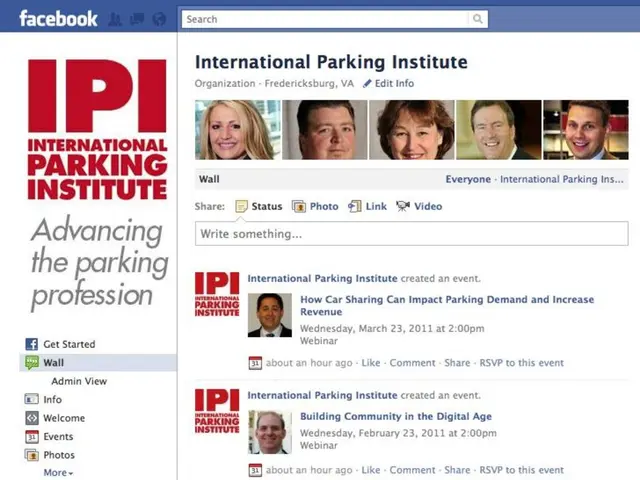Phone Addiction Misconception Unveiled on Instant Genius Podcast
In today's episode of the podcast "Instant Genius", the focus is on the intricate relationship between technology, social media, and mental health, particularly in the context of childhood development. The author of the book Unlocked: The Real Science of Screen Time, Pete Etchells, is being interviewed to provide insights into the real science of screen time.
The discussion aims to challenge common perceptions about the negative effects of social media. While it is true that research links social media use with anxiety, depression, sleep disruption, and physical symptoms like headaches and nausea, particularly in teens and adults, the evidence is mixed and nuanced.
According to Pete Etchells, we need to redefine our relationship with technology. He suggests that social media, despite its issues, may not be as harmful as commonly perceived. For instance, social media can improve connections with friends and family, foster support, and learning, and even decrease loneliness or depressive symptoms in some populations.
The mental health crisis among youth is complex, and social media is only one among many contributing factors. Family relationships and economic security appear more impactful than screen time or social media use alone. In fact, some studies show that social media use can lead to academic struggles and memory issues, which might negatively affect childhood development. However, the evidence does not fully establish a causal negative effect on overall childhood development.
Protective measures for adolescents are increasingly recommended to mitigate risks without dismissing the benefits of social media use in social connectedness and psychosocial outcomes. The episode provides a balanced view recognizing risks alongside benefits and highlights the importance of protective strategies for young users.
The podcast "Instant Genius" offers a wealth of knowledge on various topics, including the placebo effect, the need for laughter, the hidden hedgehog crisis, and the art of being bored. You can find "Instant Genius" on various podcast platforms (link provided). Tune in to gain a deeper understanding of the complex relationship between technology, social media, and mental health, and to explore other fascinating topics.
- In the podcast "Instant Genius," Pete Etchells discusses how social media, often perceived negatively, can also foster connections, support, and learning, potentially decreasing feelings of loneliness and depressive symptoms.
- The relationship between technology, social media, and mental health is complex, with research linking social media use to issues like anxiety, depression, and sleep disruption, but also suggesting that it may not be as harmful as commonly thought.
- A balanced perspective is needed to understand the complex interplay of technology with mental health, recognizing the risks but also appreciating the potential benefits of social media for adolescents, especially in terms of social connectedness and psychosocial outcomes.
- The podcast "Instant Genius" explores various topics, including the role of science in understanding screen time and the intricate relationship between technology, social media, and mental health, in addition to the hidden hedgehog crisis, the art of being bored, and the need for laughter.








